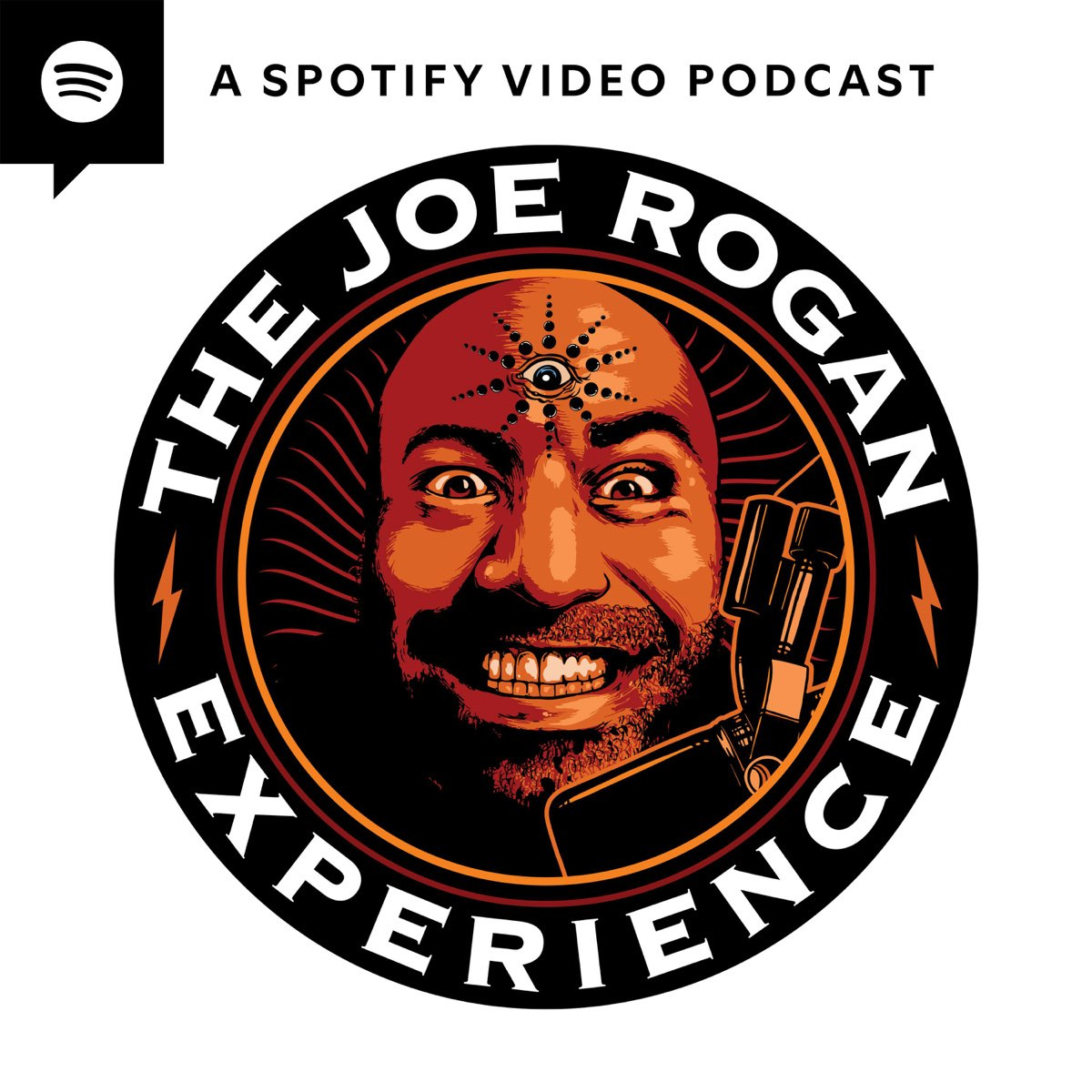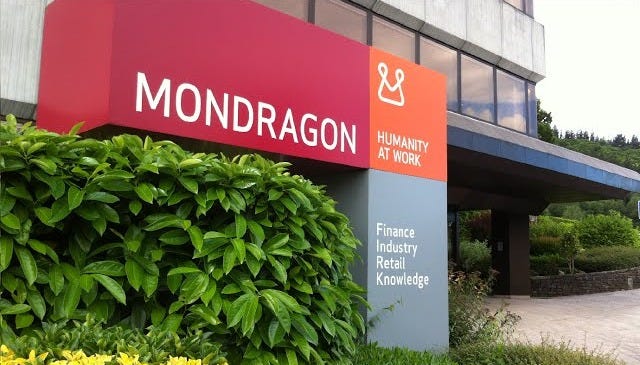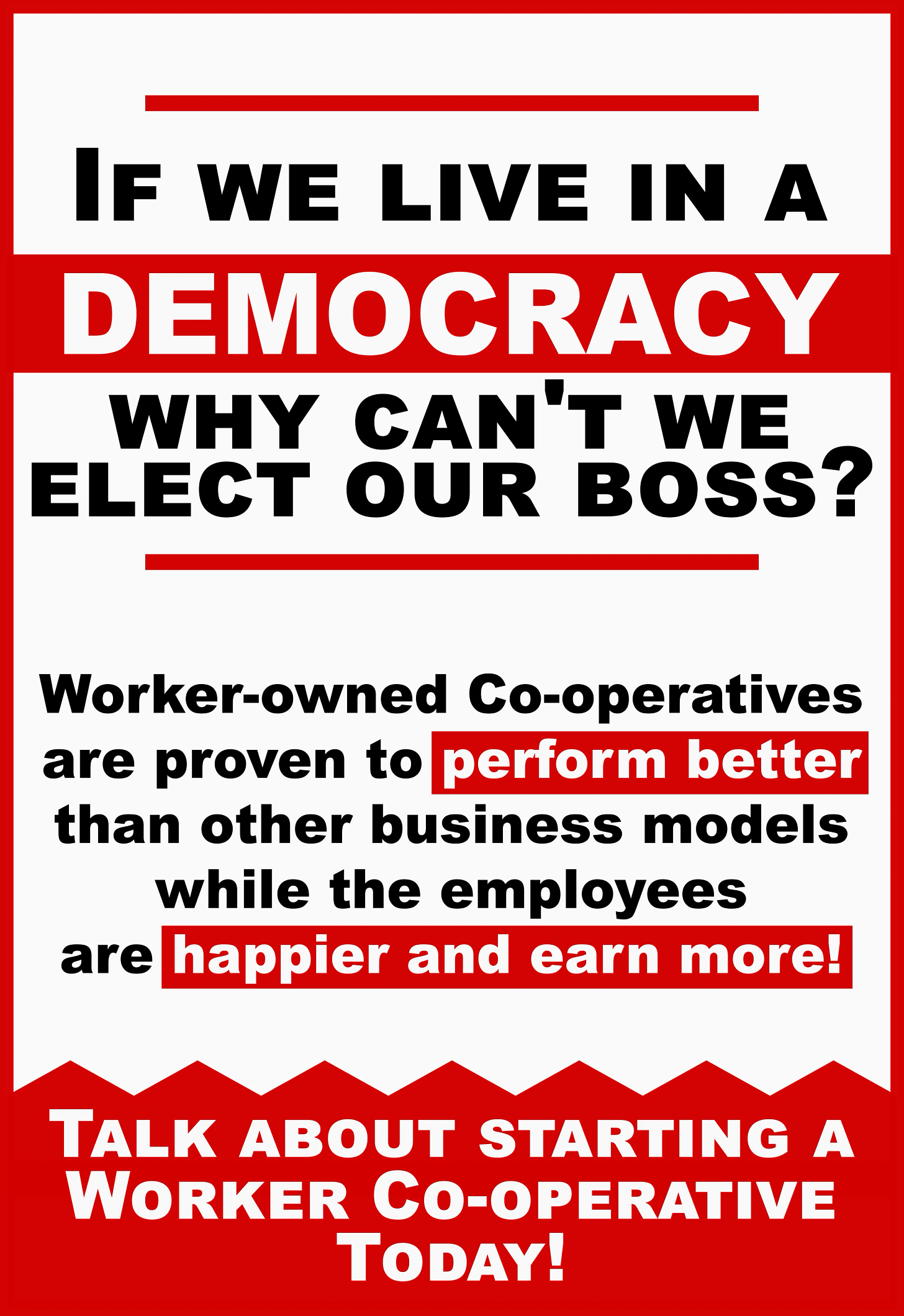Part 1
I’m Jack. You asked me why I voted for Trump. Why? Because my life sucks. I feel trapped and he promised to make things great again. What did Biden do for me?
What’s my life like? I’m married to Katie. We met in college. We both borrowed money to get in. She was studying childhood nutrition and stuff like that. I was going to be a scientist or a tech wizard. Maybe some new technology. I was learning to code and studying entrepreneurship and business. We were excited. Until we weren’t.
Katie got pregnant. Having a kid at this stage in life was nuts. We were at the hospital when her cross wearing, overbearing, highly religious parents swooped in and dragged her home. God was going to save that embryo. We were going to get married and raise that kid - or rot in Hell for eternity. We had twins.
I caved. Not much choice. I love Katie. Now we live in her parent’s basement. Her dad finished it off into two rooms and a bathroom. A nursery and a room for us. We watch TV with headphones on. Take meals upstairs with the “Thumpers”. Sometimes I just grab some McDonalds on the way home so I don’t have to listen to their bullshit.
Of course, school became impossible with the twins. Katie now works at a daycare center. The pay is crap but that way she can get care for the twins at a discount. I work there, too. Nights. Cleaning the place. But my real job (for health insurance) is driving an Amazon truck. I make sure you get that one day delivery for that birthday gift you forgot about.
So. How’s my life? Between the two of us we owe $175,000 in school debt. Based on our current wages, that will be paid off in 40 years. Maybe. We have nothing in the bank. One of the twins has a unique illness. My healthcare plan covers a lot of the cost. But not all. We live in a basement.
Once a week I allow myself a night with the guys. Fridays after I finish cleaning up kid puke at that day care center. Katie goes out with her girlfriends on Wednesdays. We usually get hammered.
I listen to Joe Rogan and a couple of other podcasters while I drive. Watch YouTube crap at night. Maybe Trump will fix things. Maybe not. I don’t hear many solutions from the Democrats. They are always whining about “social justice’ and DEI stuff. Where’s my justice? All I know is that today is Friday. I am going to get extra hammered.
Part 2
Is there a solution for folks like Katie and Jack? Could there could be “justice” and a satisfying life for young workers? Yes. But it may require a completely different way of looking at life, business and employment.
In America, “business” is really the number one religion. We worship capitalism as an engine of prosperity and personal opportunity. And twice, our voters picked a president because he is a “good businessman”. I know. OY.
If we work hard, if we come up with good ideas, our companies will grow and all will be rewarded! It is true. It happened to me. I worked for two companies that were quite successful and relatively benevolent to their employees.
But too many American companies don’t think that way. They exist primarily to enrich their managers and stockholders.
Here is an excellent “explainer” of capitalism:
The United States has done well for some of its residents. There have been periods where there has actually been a “middle class” that was achievable through smart hard work. For some. It helped if you were white and lived in the right region where jobs were plentiful.
The man worked. The wife raised the two kids on one modest but adequate income. The 1950’s into the 1960’s was a sort of utopia for some folks. Again, if you were white.
Now? Both parents MUST work to pay for a modest difficult life. A couple may even question whether they can afford to have children! Unless, of course, you are a part of the “ruling class”. The executives.
“….the Economic Policy Institute found that CEOs were paid 344 times as much as a typical worker in 2022, up from an average pay ratio of just 21 to 1 in 1965.”
This ain’t right. Is there was a better way of doing business? Yes. We don’t have to reinvent the wheel.
The Basque region of Spain is semi-autonomous, famous for Jai-Lai and renowned for its unique culture, cuisine and language. It is also home to a remarkable company called “Mondragon”.
From Wiki:
”In 2024, Mondragon had over 70,000 workers, 30,660 in the Basque Country, 29,340 in the rest of Spain and around 10,000 abroad.[3] Mondragon cooperatives operate in accordance with the Statement on the Co-operative Identity maintained by the International Co-operative Alliance.”
Please read this article. Here is how it begins:
”Mondragon Corporation, with headquarters in the Basque region of Spain, is the fourth biggest company in the country, based on gross revenue (which was 13 billion Euros last year). It has businesses in four different sectors: financial (it runs its own bank), industrial (its factories produce automotive parts, construction materials and appliances, among many other products); retail (its popular grocery-store chain Eroski has 2,000 stores throughout Spain); and knowledge (its Mondragon University offers college degrees). Mondragon has sales and production presence on five continents and employs more than 80,000 people around the globe.
This may sound like just another big player in the multi-national corporate scene, however Mondragon Corporation is anything but your typical corporation. This company is actually a federation of 110 worker cooperatives. Employees aren’t really employees, but “worker members,” as they all own a piece of the pie.”
At the year end, members of Mondragón’s co-operatives also decide collectively on whether they should pay themselves bonuses and, if so, how much. This profit-sharing comes in addition to a base pay rate that, on average, is 40% above Spain’s minimum wage.
AI Overview
Salaries at the Mondragon cooperatives are structured with a strong emphasis on equality, with a maximum pay ratio between the highest and lowest earners typically capped at 6:1 or even 9:1. This means that the highest-paid individuals earn no more than six or nine times the salary of the lowest-paid workers. The specific ratio is decided democratically by the worker-owners. In addition to base pay, Mondragon workers also participate in profit-sharing.
Wage Ratios:
Mondragon cooperatives set wage ratios, with the general manager's salary typically no more than 5 times the minimum base-level pay. These ratios are periodically reviewed and decided upon by the worker-owners.
No Exorbitant Salaries:
According to Craftsmanship Magazine, no CEO at Mondragon earns more than $1 million a year. This contrasts sharply with the CEO-to-worker pay ratios seen in many US companies.
Profit Sharing:
In addition to base pay and the agreed-upon wage ratios, Mondragon workers also share in the profits of their cooperative.
Democratic Control:
The worker-owners have a say in how the cooperative is run, including decisions about salaries, profit sharing and pay ratios.
No. This is not communism. I think it is common sense. It is far from perfect. But doesn’t it sound refreshing?
The idea that a company should pay one guy or a few guys tens or hundreds of millions of dollars to dictate how a company should be run is essentially oligarchs running a scam. Want to know how to make a better widget? Want to know how to do it quickly and more efficiently? Ask the people who are doing the work. Give them the resources and tools. And the power.Excellent article that describes this co-op business:
https://www.theguardian.com/lifeandstyle/2024/apr/24/in-the-us-they-think-were-communists-the-70000-workers-showing-the-world-another-way-to-earn-a-living














Here is another angle on Mondragon. A typical "New Yorker" magazine deep dive with more than one human angle. https://www.newyorker.com/business/currency/how-mondragon-became-the-worlds-largest-co-op
Thanks Bill, there have been a few businesses which did successfully adopt this style, Polar Fleece, and Publix are two. But there are several (more than 100) employee owned companies. In my opinion Ronald Reagan ushered in the worst of America, GREED, in 1981 and we've gone steadily downhill since.